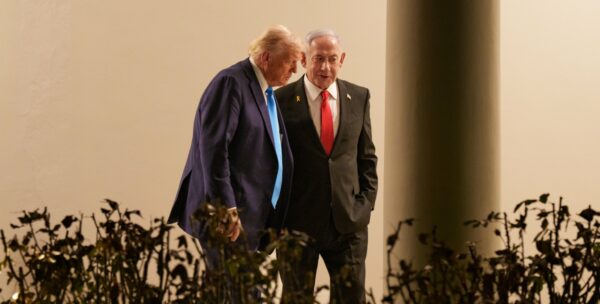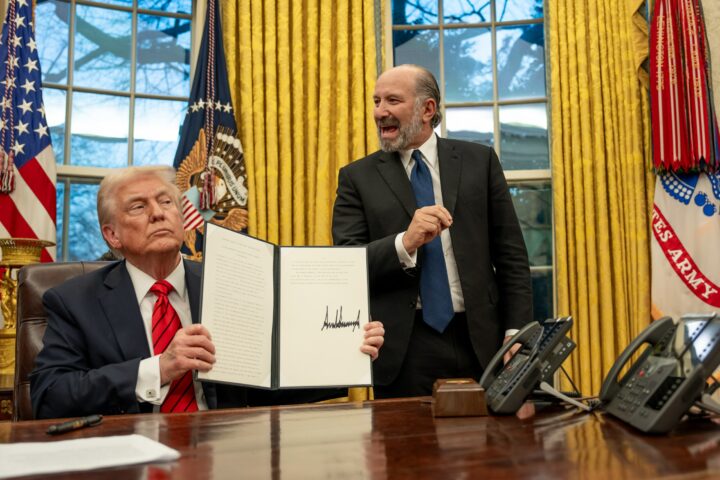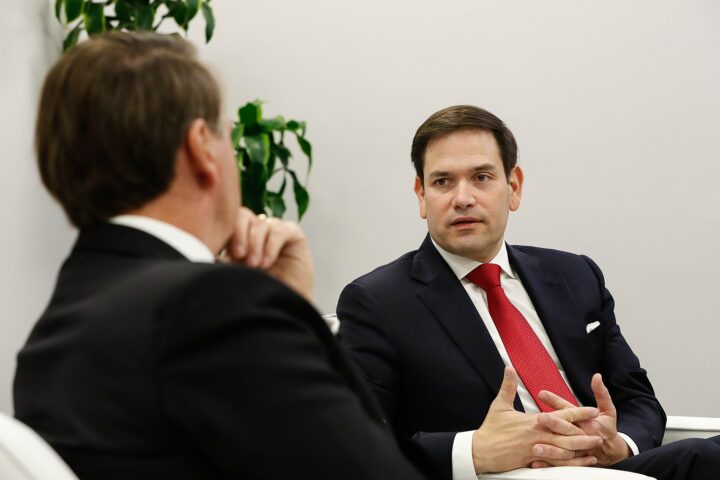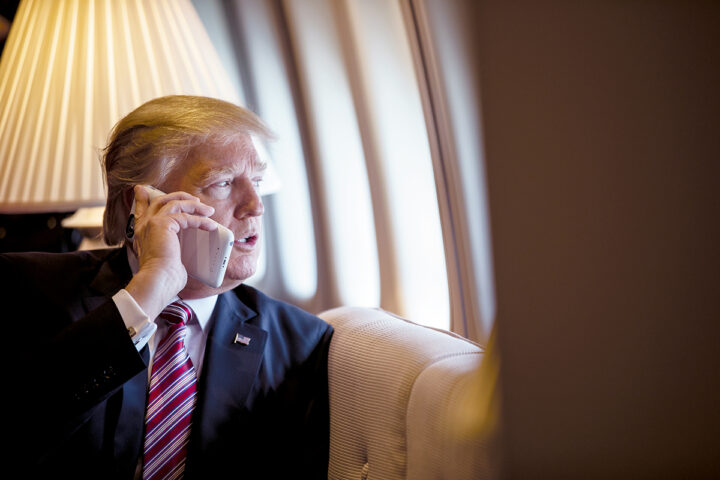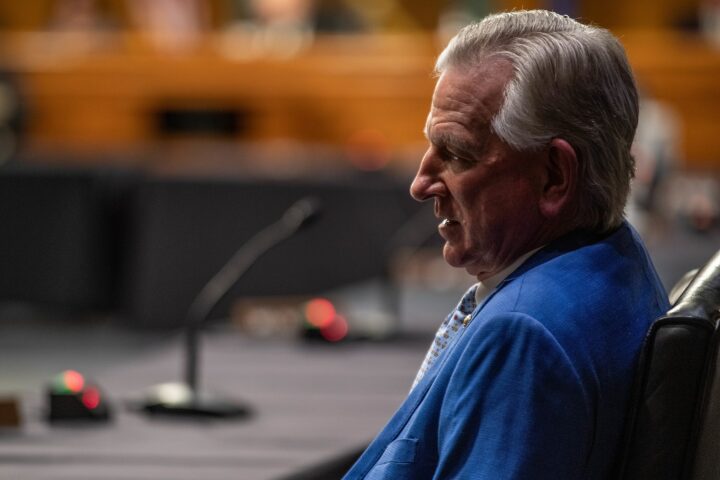In a charged evening at the White House, President Donald Trump staunchly defended Israeli Prime Minister Benjamin Netanyahu and criticized upstart New York mayoral candidate Zohran Mamdani, calling him a “communist” and threatening to withhold federal funding if Mamdani fails to “behave.”
The confrontation emerged amid a working dinner between Trump and Netanyahu, who is visiting amid indirect cease-fire discussions between Israel and Hamas.
Earlier Monday, Mamdani—a progressive Assembly member who won the Democratic primary—suggested that New York could detain Netanyahu under an International Criminal Court warrant if he attempted to visit the city. Netanyahu dismissed the idea as “silly” and “folly.” Trump chimed in, offering lighthearted reassurance, “I’ll get him out.”
Trump’s remarks took a sharper tone when addressing Mamdani directly.
He questioned the candidate’s ideological leanings and citizenship status, though Mamdani is a naturalized citizen. “We don’t need a communist in this country,” Trump declared, warning, “He better behave… otherwise, he’s going to have big problems.”
He suggested that state funding for New York City could be at risk.
The exchange illustrates a growing tension between federal and urban local politics. Mamdani, whose populist platform includes rent freezes, expanded public transit, and opposition to ICE enforcement, has positioned himself as a counterpoint to federal immigration policy.
He earlier signaled that he would resist ICE activity in New York, prompting Trump’s threatened response. Mamdani later denounced Trump’s statements as “an attack on our democracy” and “intimidation.”
For Netanyahu, the incident presented an opportunity to project diplomatic resolve. In Washington to discuss the Gaza cease-fire, he affirmed his intention to stand firm amid political theatrics that he dismissed as distracting from substantive dialogue on regional security.
The broader context underscores a deepening rhetorical divide: Trump’s willingness to threaten legal action and financial reprisal against political opponents marks an escalation rarely seen between federal leadership and local officials.
Critics argue such actions erode norms and chill dissent; supporters see them as enforcing federal authority and safeguarding national security.
The incident may weigh heavily not only on New York’s upcoming mayoral race but also on broader debates over federal influence, local autonomy, and the boundaries of executive power in America’s democratic system.
[READ MORE: Tokyo and Seoul Scramble as Trump’s Tariff Deadline Looms]

